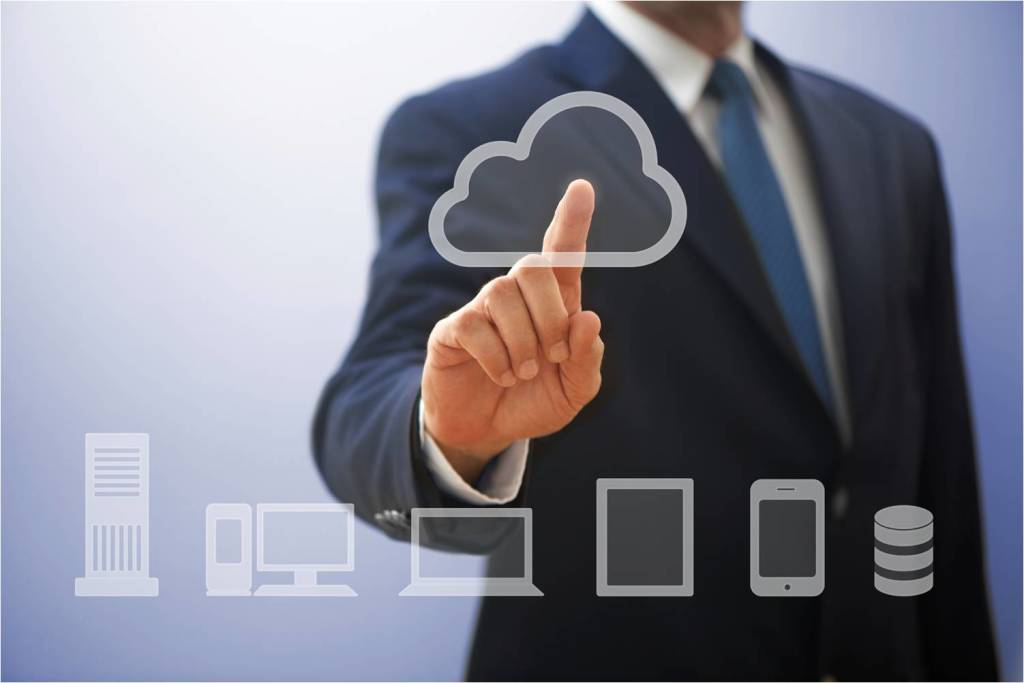
Everyone loves the creative side of being an entrepreneur. It’s the fun part of the job that most likely sparked your initial interest in forming your own business. What many self-employed, self-managing individuals do not enjoy as much, and may even dread, is the data crunching that lurks behind the scenes of every growing business. While a one-man operation or even a small startup can survive the beginning stages of their business development with traditional off the shelf consumer-grade software such as Quick Books, anyone looking to scale their business will one day be staring at the intimidating necessity that is ERP, or enterprise resource planning.
Table of Contents
The uses of an ERP system
ERP is a software suite typically comprised of multiple forms of business management tools. It allows a business owner and their managers to collect, store and decipher data that is collected from practically all divisions and areas of the business. ERP is most commonly used to track inventory management, marketing and sales metrics, product planning, employee resources and supply chain.
The benefits of a properly deployed and integrated ERP system to an entrepreneur are almost too many to list as it provides invaluable data on all facets of your business. This allows you to make better, faster and more informed decisions, which has the added benefit of saving time and extra expense in the process. Many high-level companies use ERP for sales forecasting, complete order tracking (from acceptance all the way through fulfillment), product naming and revenue tracking, while also enjoying the additional security it provides for sensitive data by bringing all the metrics under a single roof.
Is ERP right for you?
While an ERP solution for your business may seem like an obvious choice, there are a few potential problems to consider, however, they can be overcome. Some businesses find it tricky customizing an ERP solution to perfectly fit their existing business structure, often resulting in having to make adaptations to their work processes in order to be able to use the software correctly.
ERP moves to the cloud
As other business services and tools find their way online to the cloud, ERP is now beginning to join that club, resulting in dramatic cost reductions and faster integration periods. Current online ERP solutions enable business owners to pay either per user or per the pieces of software they would like to have added to their ERP cloud; this can then be accessed from any computer at work or at home. Instead of having to commit to a full business-wide change of operations or using prepackaged software that may be ideally designed for a company with many more departments than yours, cloud ERP allows you to transition at your pace and at your business sizing.
Once your cloud ERP is up and running, you can start the functions necessary to bring your business to the next level, with better control of your sales pipeline, extended time and resource management, and greater insight as to what’s really going on inside the core of your company. You’ll also be cutting out the need for any additional software and ongoing system maintenance, leaving IT services strictly up to your cloud provider. Most importantly, cloud-based ERP lets you use the software for its intended purposes: to grow and better your operation.

